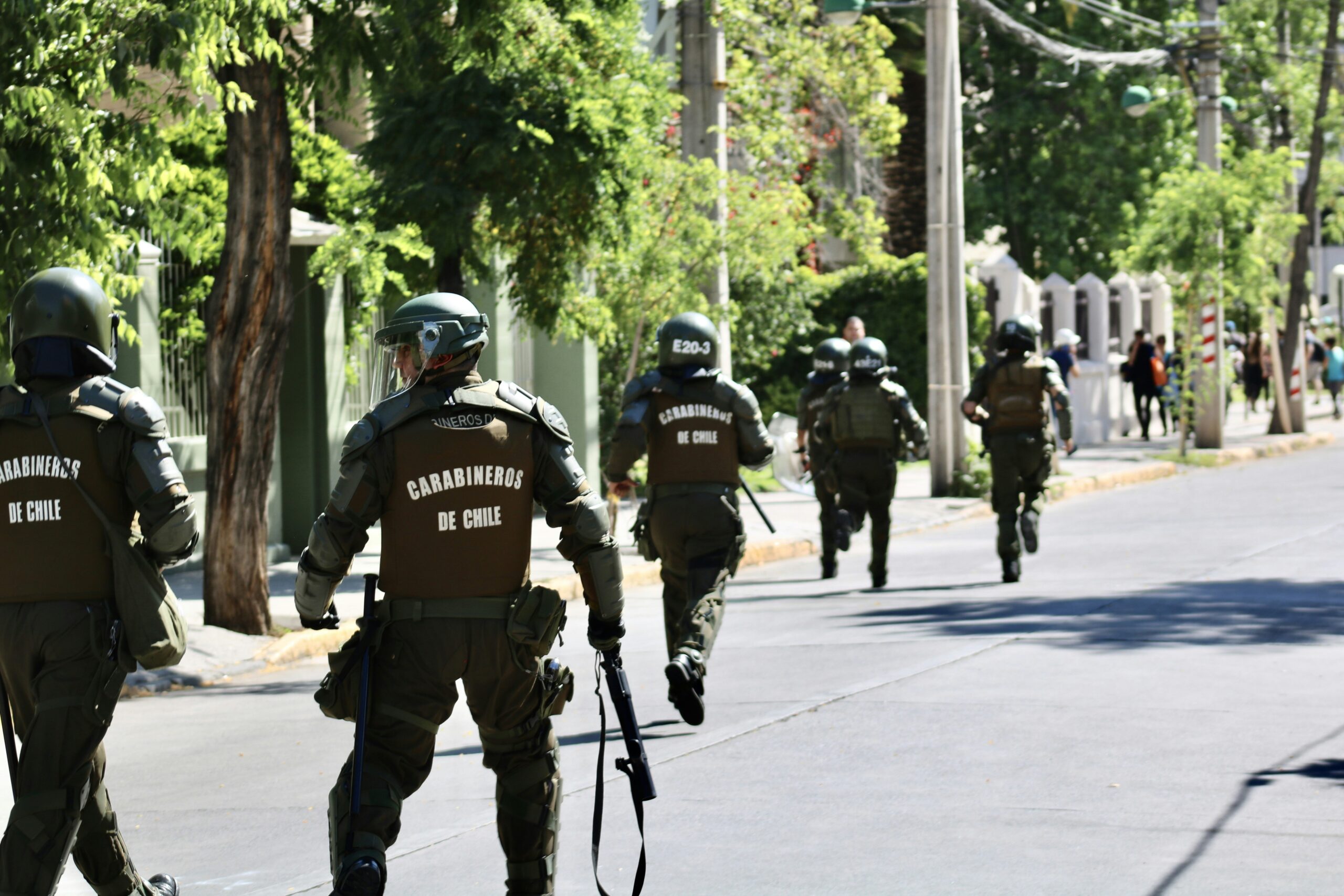
In an alarming development, Honduras’s prolonged state of exception, intended as a measure to combat rampant gang violence, has paradoxically deepened the country’s crime crisis. This emergency policy, which suspends certain constitutional rights, has been criticized for fostering a culture of impunity among security forces, leading to a surge in human rights violations and an erosion of public trust.
Key Facts
- The state of exception in Honduras was first declared in December 2022 to fight drug traffickers and gangs.
- It has been extended at least 17 times, often bypassing the required congressional approval.
- Human rights organizations, including the UN, have documented widespread abuses by security forces under this regime.
- Allegations include extrajudicial killings, forced disappearances, and arbitrary detentions.
Background
The state of exception was initially set as a temporary measure to enable law enforcement agencies to tackle organized crime more effectively. However, the policy has been repeatedly extended, leading to significant concerns about its misuse as a tool for political and personal gain within the security apparatus. Critics argue that the extended state of emergency has allowed law enforcement to operate without sufficient oversight, resulting in numerous human rights violations that have been documented by both local and international observers.
What We Know
During a raid in late 2024, masked officers allegedly seized a significant cache of drugs and weapons from a narcotics lab in San Pedro Sula. However, the evidence reportedly vanished from the public record shortly afterward, raising suspicions of corruption within the police force. A Honduran prosecutor, who spoke under the condition of anonymity, suggested that these items might have been resold on the black market by the officers themselves.
This incident is not isolated. The United Nations and other human rights groups have repeatedly expressed concerns over the conduct of Honduran security forces. In May, the UN High Commissioner for Human Rights called on the Honduran government to end the state of exception, citing “serious human rights violations” as a direct consequence of the policy.
Official Reactions
The Honduran government’s response to the criticisms has been muted. Requests for comments on specific allegations have frequently gone unanswered. Meanwhile, some officials have attempted to deflect blame by suggesting that criminal groups are impersonating police units to carry out illegal activities.
What’s Next
The future of the state of exception remains uncertain, especially with upcoming national elections. Human rights advocates and international observers are calling for its termination, arguing that the policy undermines democracy and civil liberties. The situation presents a critical test for Honduras’s commitment to human rights and governance, as the international community watches closely.


